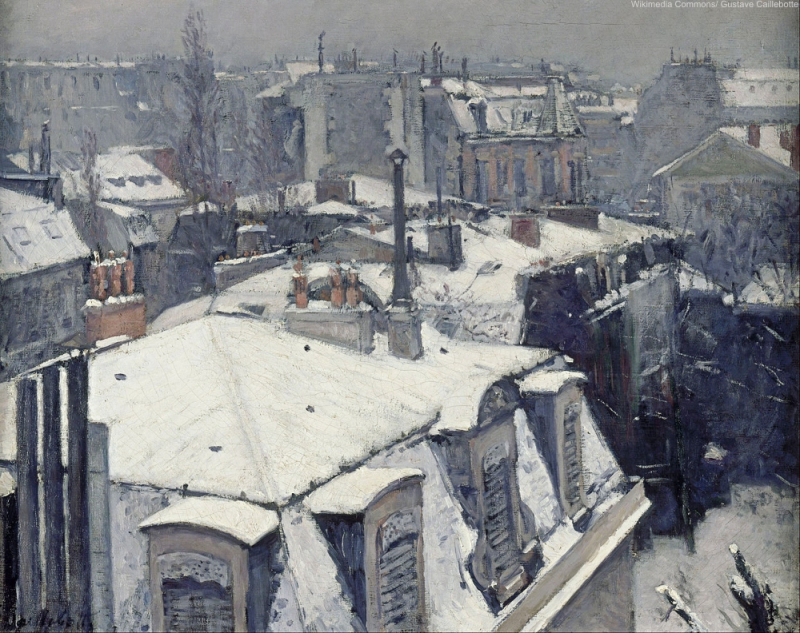1816

The year 1816, sometimes known as the 'year without a summer,' may not be much in comparison to the who's who of awful times on the rest of this list, but it was nonetheless horrible enough to merit a spot here. While some study points to Mount Tambora's 1815 eruption - the greatest volcanic explosion on the world in the last 10,000 years - as the key cause, records reveal that the weather had already begun to drop by the beginning of 1815.
People may never know what caused it, but people do know that the world average temperature dropped by about two degrees. It triggered a slew of unrelated occurrences across North America and Europe. Crop failure caused by the cooling prompted the majority of farmers in New England to go west, thus changing the country's demographic. In Europe, the unusually cold summer caused widespread crop failure, culminating in hunger and one of the deadliest typhus outbreaks in history. There were isolated occurrences of rebellions and food riots in other European countries as well, though mercifully they did not endure long. The year's dark and gloomy aura has since been memorialized in a number of literary works. For example, the setting of Mary Shelley's Frankenstein was directly inspired by the dark and gloomy skies she saw during her vacation in Switzerland at the time.










